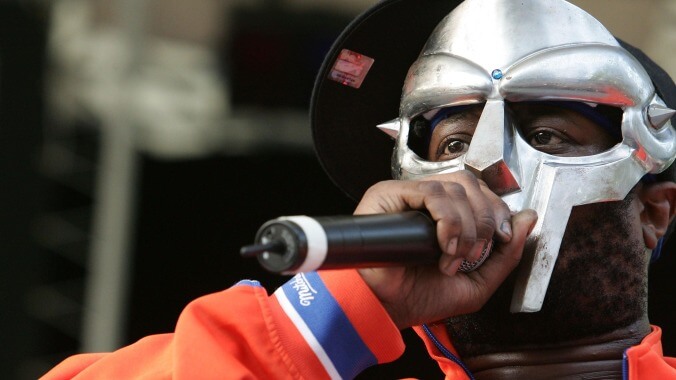Late rapper MF DOOM receives honorary street sign in New York
The rapper, who died at the end of last year, grew up in the coastal town of Long Beach

The announcement of masked rapper MF DOOM’s death late last year rocked the rap world. MF DOOM, real name Daniel Dumile, led an inspiring life and career, and his hometown of Long Beach, New York, would like to honor him. Recent community efforts culminated in a street being named after the legendary rapper.
Dr. Patrick C. Graham, who went Long Beach High School with Dumile, created the petition for the street naming. He writes, “Hip-hop leaders credit Mr. Dumile as one of the most prolific rap artists of all time. His life served as an example of inclusive community building and growth through individual struggle. Long Beach profoundly influenced his adolescents [sic].”
Dumile’s career started in Long Beach on Long Island, where he formed the the group KMD with his brother DJ Subroc. Graham originally wanted the street name to encompass the two different stages of his career, by calling it “KMD-MF DOOM Way, however this will most likely not be the final name selection.

 Keep scrolling for more great stories from A.V. Club.
Keep scrolling for more great stories from A.V. Club.